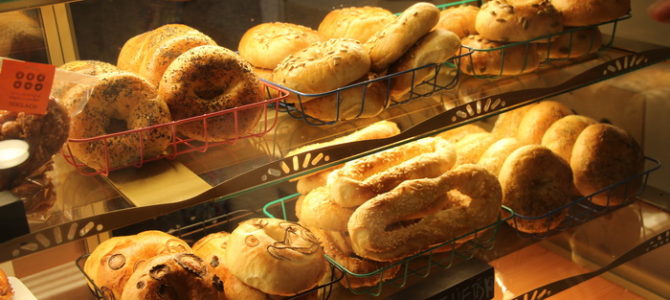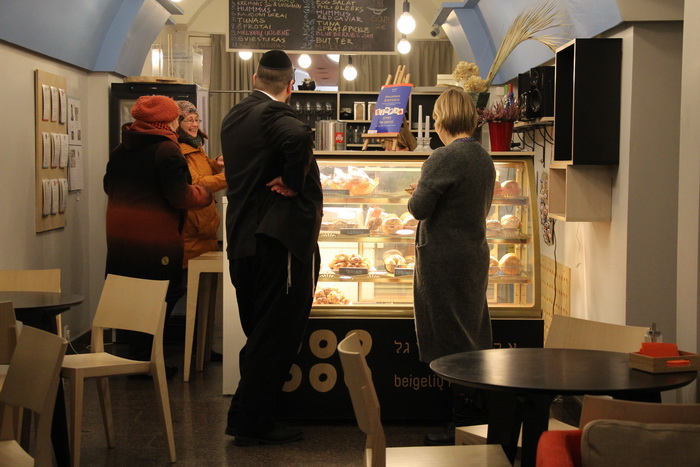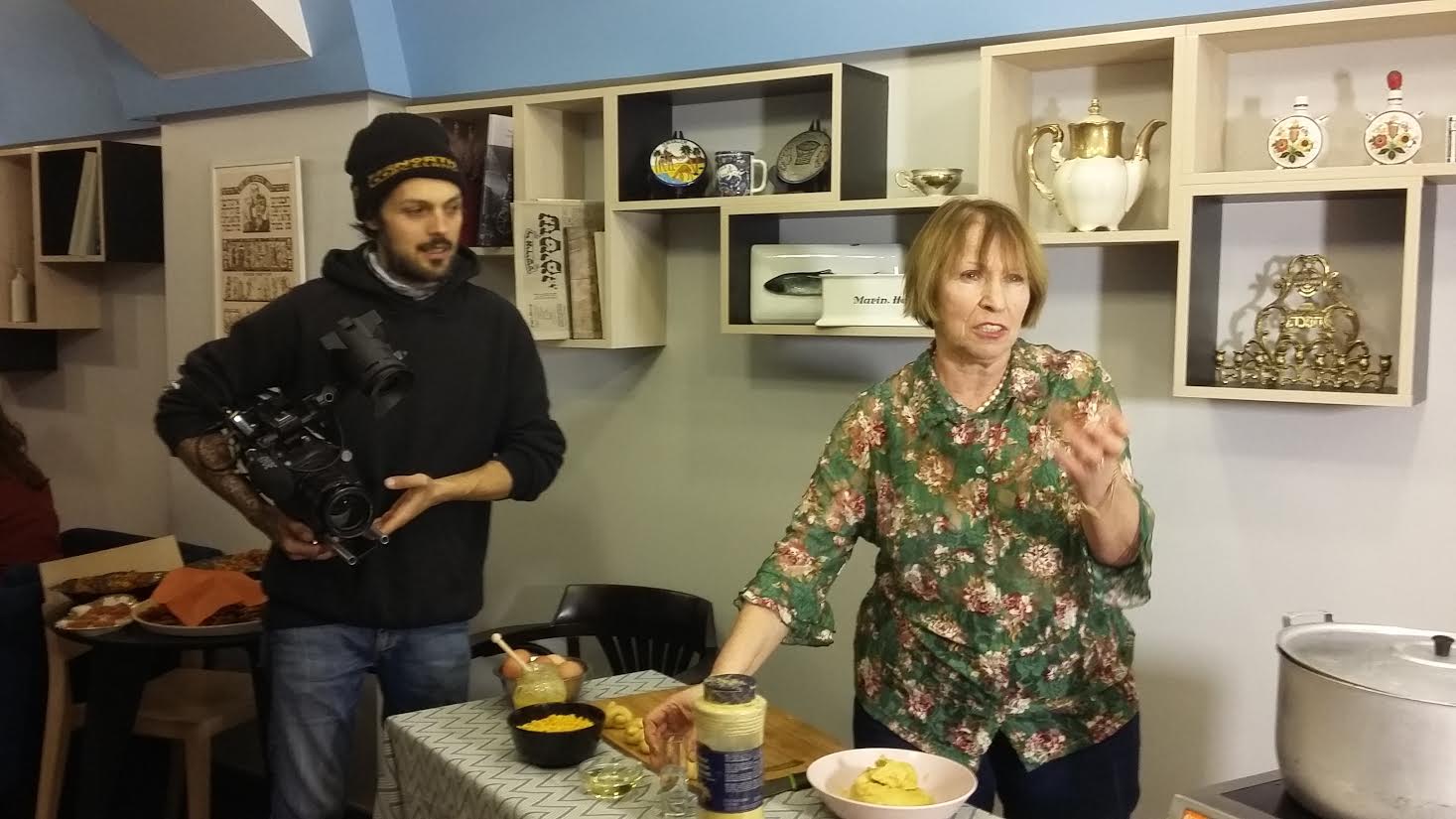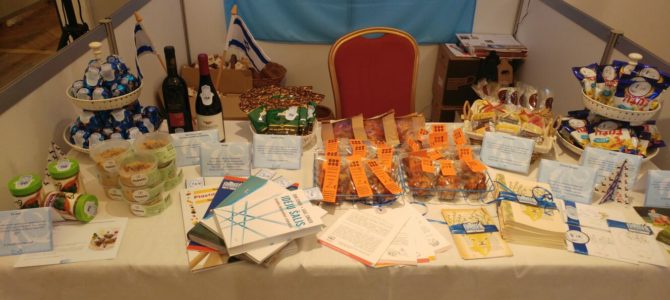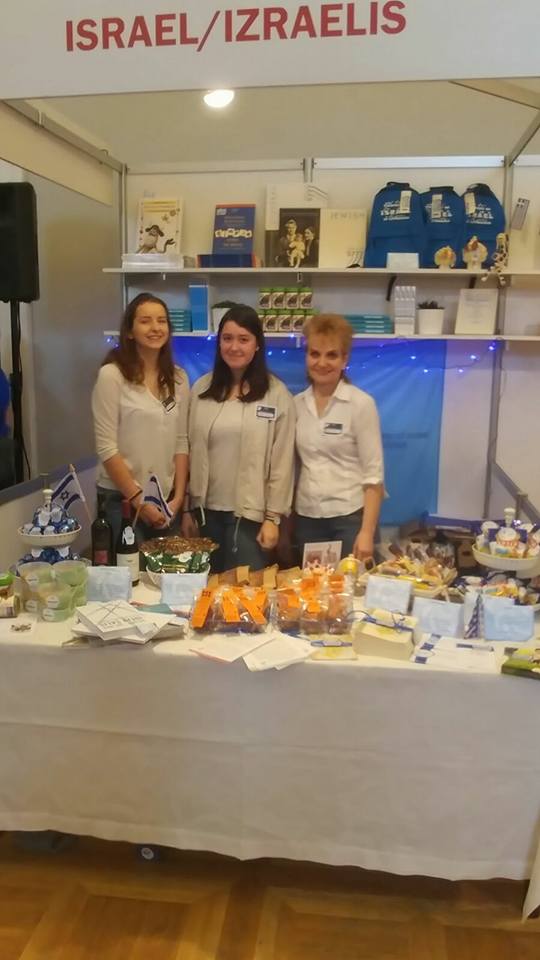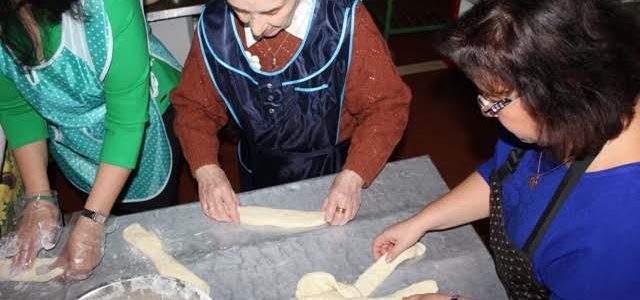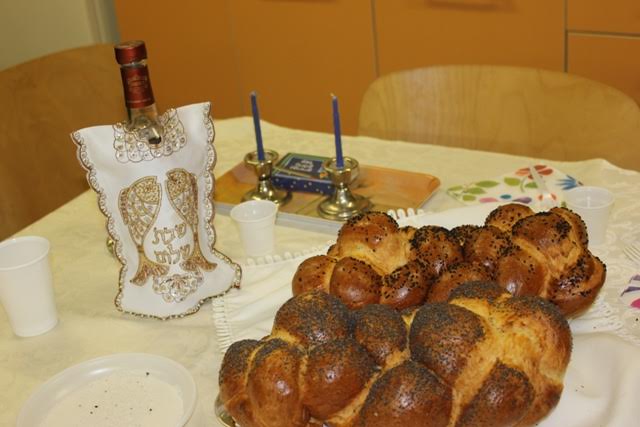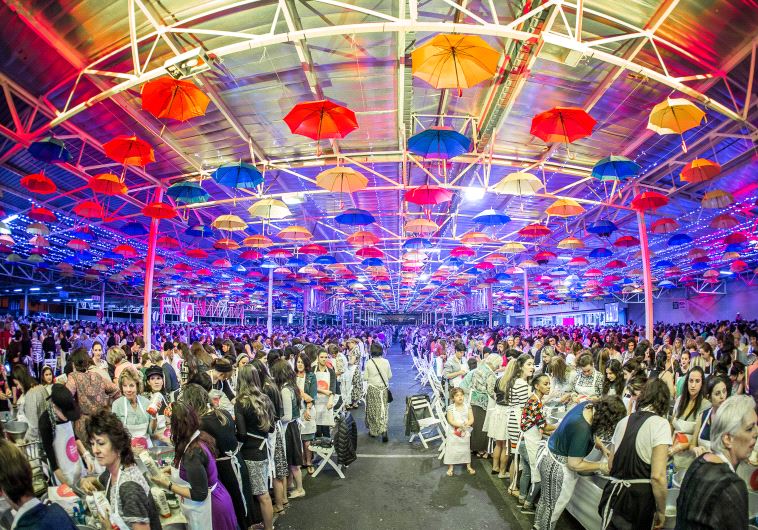
Dear members of the Jewish community, greetings to all on this holiday of Hanukkah!
I hope good feelings and warm and pleasant moments with loved ones will accompany you as you light the first Hanukkah candle. I wish you health and concord in your family, and that our children would grow up safe, dignified and happy and be proud of their parents and their roots.
It is a happy thing that there is ever-growing interest in the rich history of the Jews, and I probably won’t be making a mistake to say that there was never so much interest in the Jewish community as there is now, although so few Jews are left in Lithuania. The Jewish Community works actively to insure the rights and freedoms of our members and to promote Jewish interests. Unfortunately we weren’t able to achieve all our goals in 2016, but we will continue to strive after them in the coming year: monuments to those who shot Jews need to be removed, and Vilnius needs to have a monument commemorating those who rescued Jews from the Holocaust. We will continue to work on the issue of restitution of private property.
The Jewish Community is investing in the future, issuing scholarships and stipends for Jewish students and accomplished athletes. Plans for a new kindergarten have been completed, a kindergarten which will insure Jewish values are passed down to the youngest members of our community and prepare them for further education at the Jewish school.
One of the Lithuanian Jewish Community’s top priorities is to improve the living conditions of clients in our Social Programs Department. We help when emergencies and misfortune occur. This will remain our priority in 2017. We also help rescuers of Jews, whose humility and sincere gratitude encourage us to grow and improve. I would like to thank Jewish rescuer Regina for the gloves and socks she knitted.
The Community building itself has become lighter and cozier. We have new audio-visual equipment in the Community concert hall and there are always new and different exhibitions on display. It’s a great joy that there is cultural life, ferment and creativity in the community, and that performers from Lithuania, Israel, the USA, the Netherlands, Romania and other countries perform concerts here. It is also a happy occasion that we have deepened our contacts with the foreign embassies, other countries, municipal institutions and NGOs. Thanks to this cooperation legal amendments were finally adopted to make it easier for Litvaks to restore Lithuanian citizenship. We signed an agreement on cooperation with the American Jewish Committee, we are enjoying wonderful relations with other world Jewish organizations and we are expanding contacts in the West as well as in the East, with the Jewish communities in India and Japan.
Interest in religion is reviving as well. We have two rabbis working at the Community who give lessons educating young and old on various topics in Judaism.
In cooperation with international Jewish organizations and based on their recommendations, we have increased security at the Community and synagogue buildings, and are approaching western standards of security.
We have the only kosher café in Vilnius. The Bagel Shop has attracted significant attention and television crews from Canada, Germany and of course Lithuania, too, have featured the café. It has become a place where not only Jews gather, but also aficionados of Jewish cuisine and culture. Our challa-baking event was a good time for all, and US ambassador Anne Hall was enchanted by the experience. The Jewish languages project carried out with the Cultural Heritage Department attracted much attention by many residents of the Lithuanian capital and visitors from elsewhere. In greeting you all, I invite Community members to show even greater initiative and self-confidence in proposing ways to make their hopes and dreams come true, because the Community exists to benefit its members.
My holiday greetings go out as well to Israeli ambassador Amir Maimon and the chairmen of the regional communities: Gennady Kofman, Gercas Žakas, Artūras Taicas, Feliksas Puzemskis, Moisej Šapiro and Josifas Buršteinas. Thank you all for the active roles you play and for working together.
Khag Khanuka Sameakh!
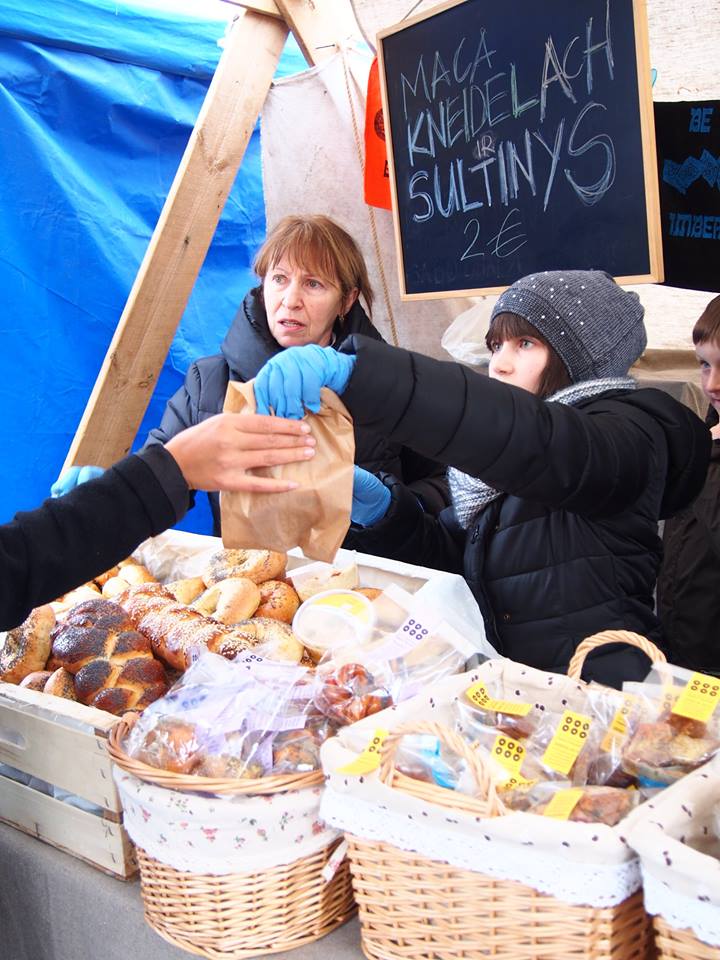


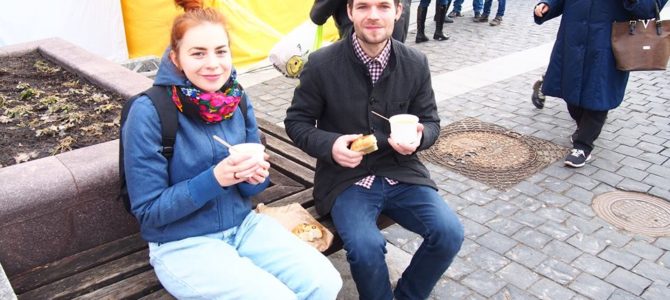
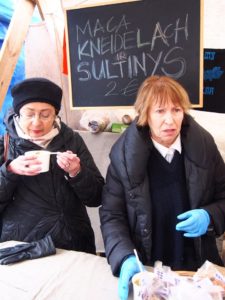
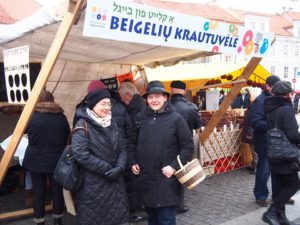
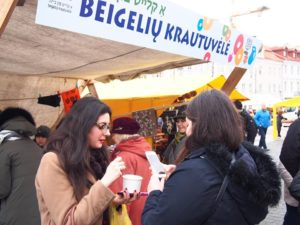
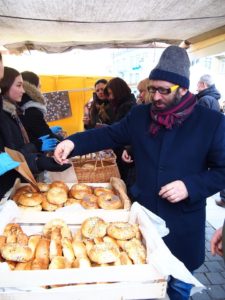
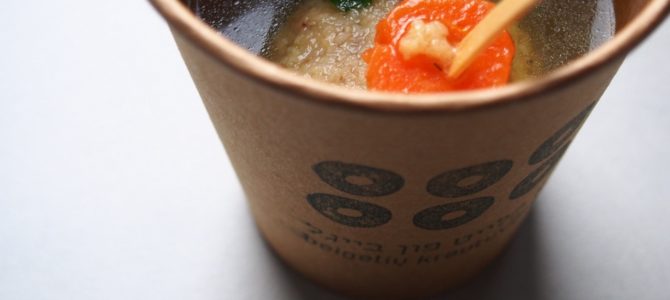

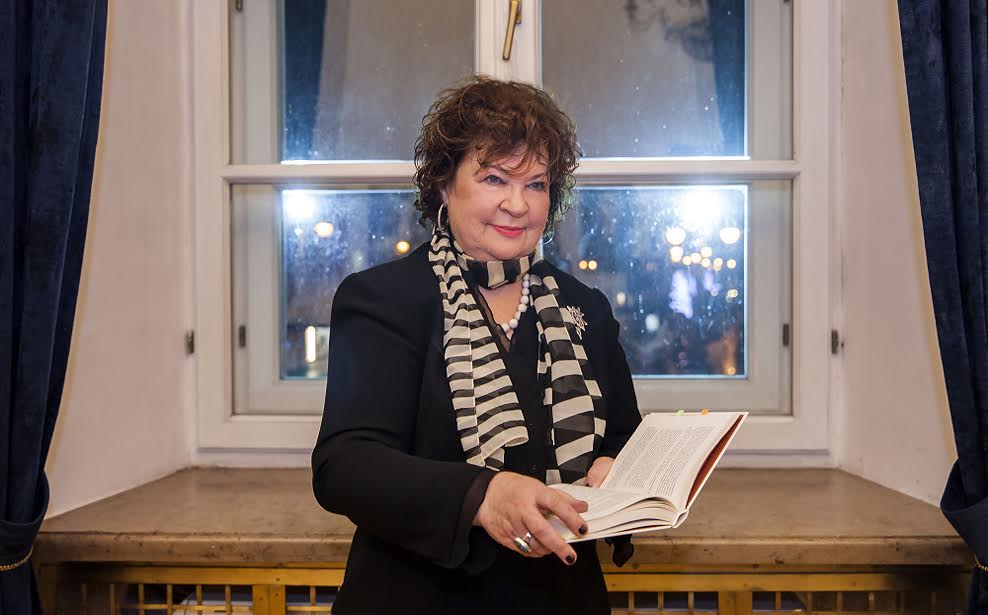

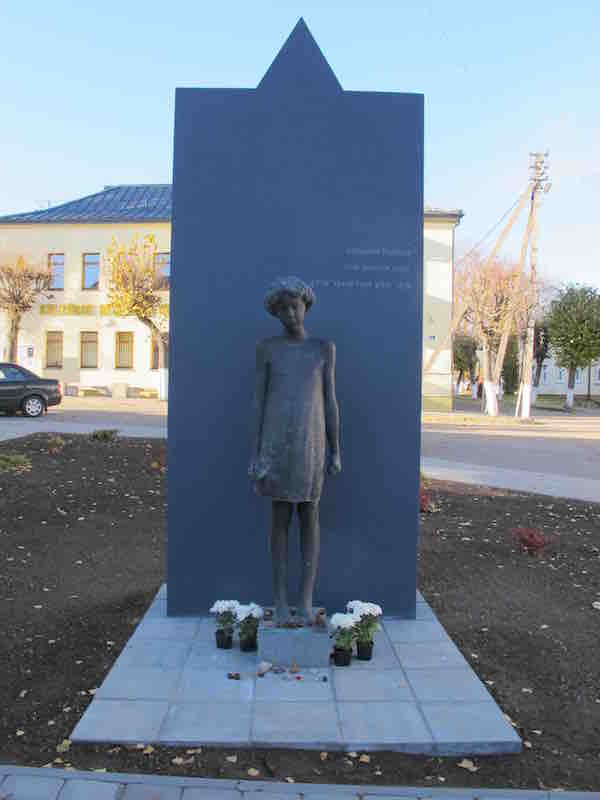

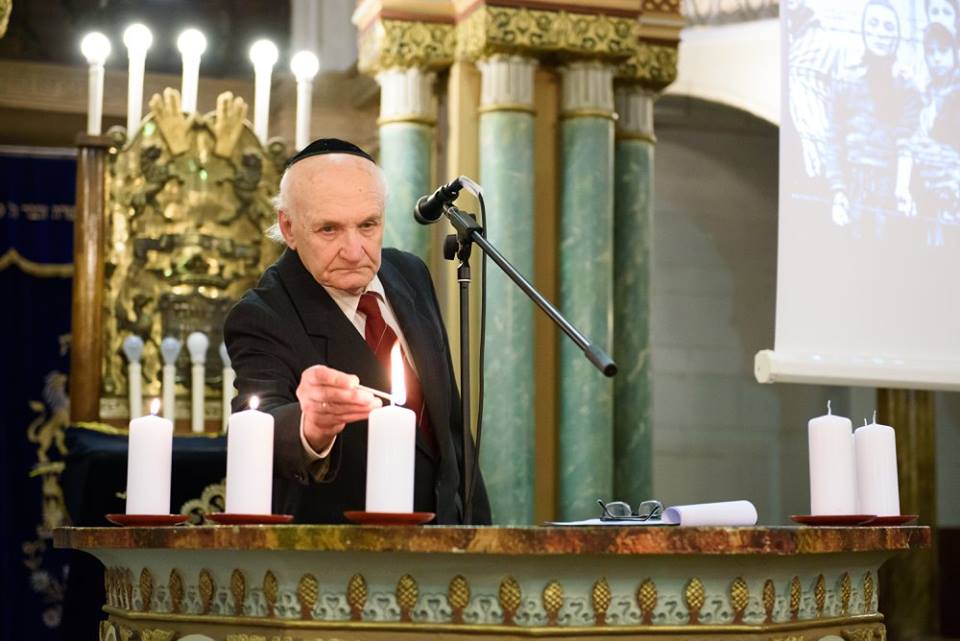
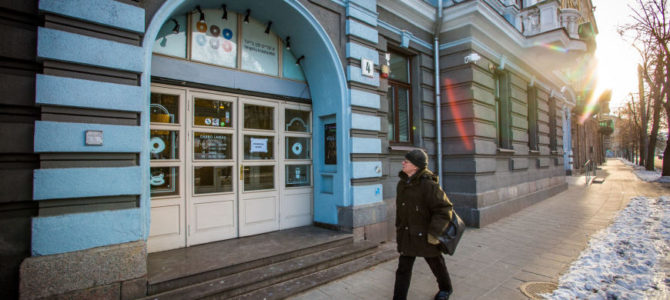
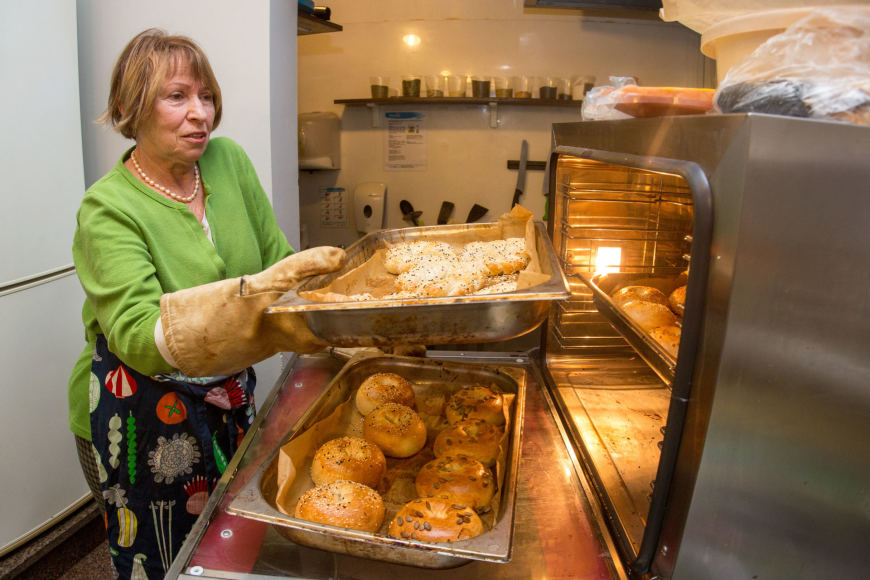
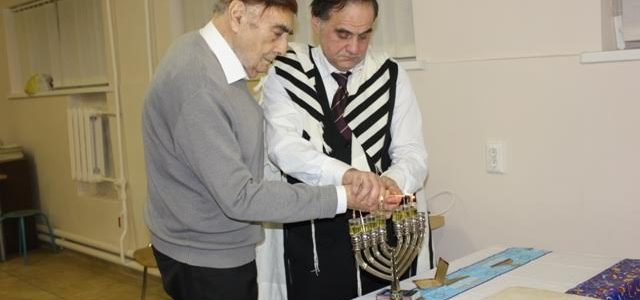
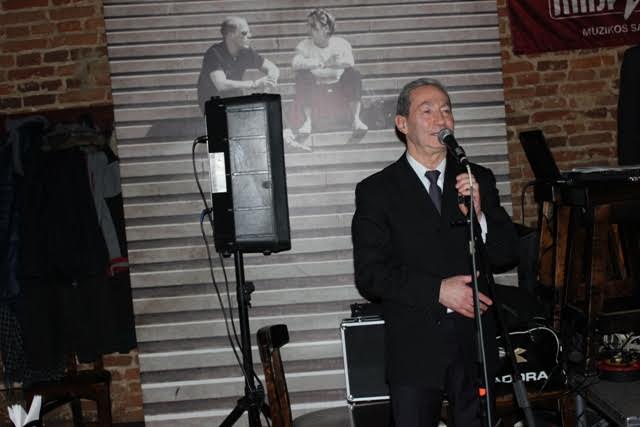

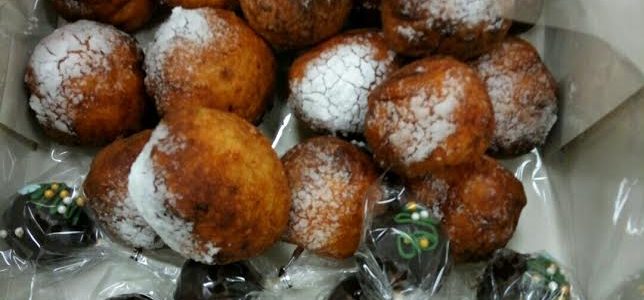
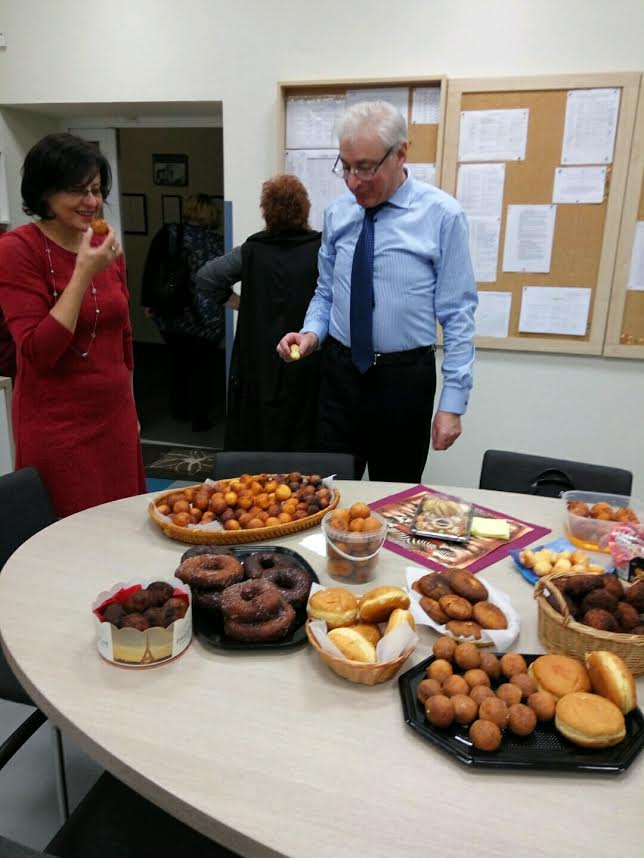
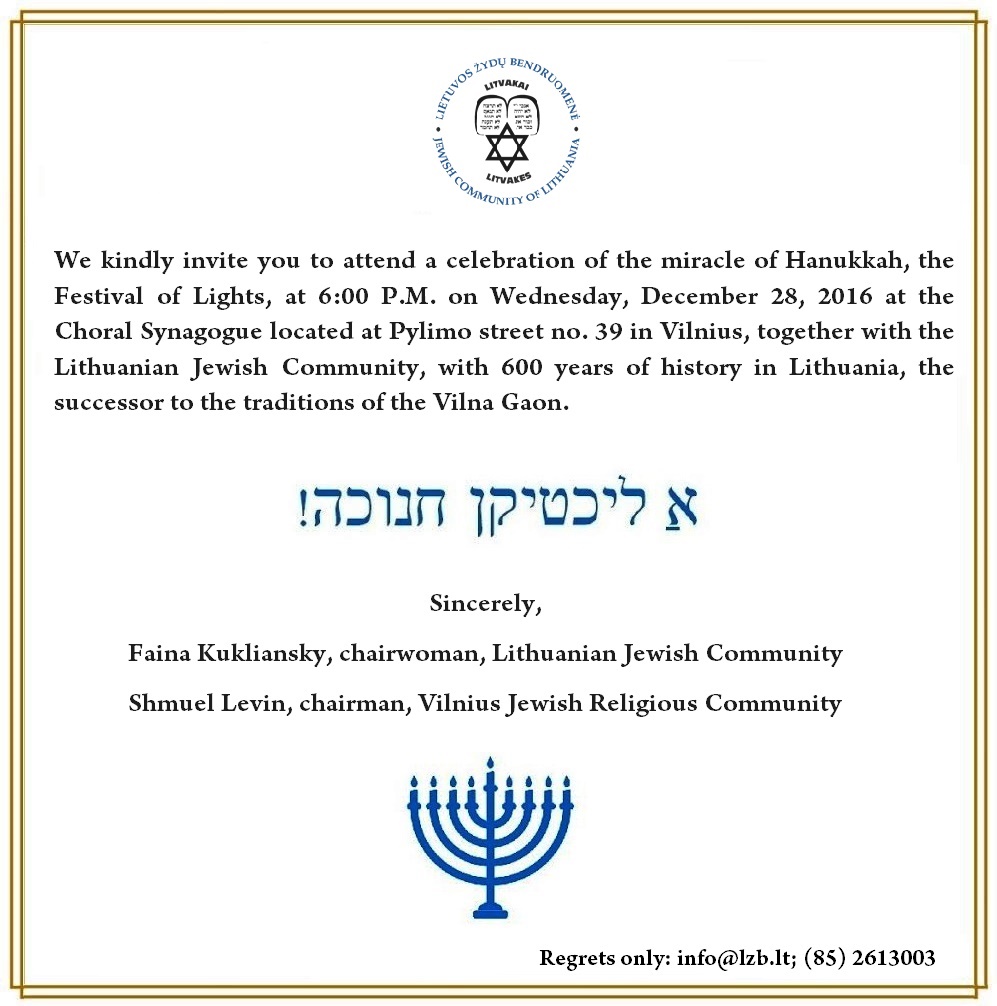 Program:
Program: